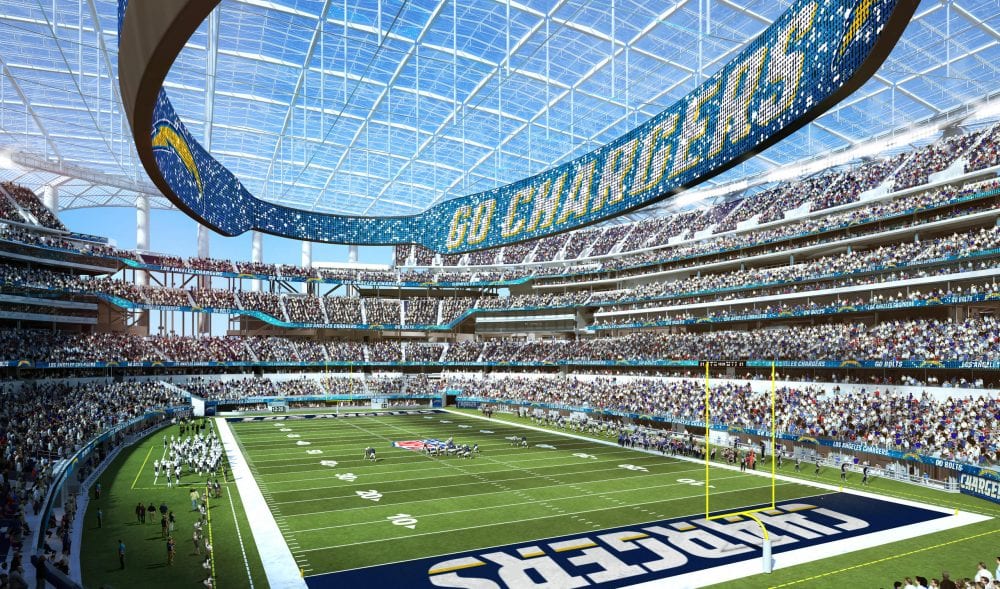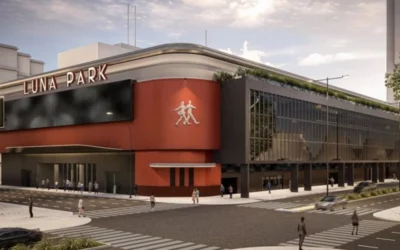With sporting events gradually returning on a closed-door basis and concerts transitioning to socially distant formats, entertainment venues are facing a potentially long haul in making a full return to normal. In the meantime, a new normal has to be carved out with the help of innovative technology.
Experts dealing in stadium design and infrastructure are navigating new waters of how to safely hold events that can keep potentially thousands in attendance safe. Plenty of changes are afoot for venues as the focus turns to social distancing, enhanced disinfecting and reducing risk of coronavirus.
“There’s a wealth of unanticipated casualties, I guess, that are going to be part of this, things we all took for granted as part of the live game-day experience,” director of sports, recreation and entertainment practice for Kansas City architectural firm HOK Nate Appleman told the Associated Press. “There’s the old saying, ‘Necessity is the mother of invention.’ I would say we’re in a heightened situation of necessity right now. There are a lot of really smart people coming up with really cool initiatives that could just be a new way of doing things, and new isn’t always bad. Sometimes change is good. Sometimes we have to adapt.”
New technologies being utilized to set a new landscape for sports venues range from cashless concession systems some NFL stadiums have already put in place to using lasers and apps honing in on crowd density. Drones have been designed to disinfect large venues and ease the cleaning load put on staff.
The NFL’s Miami Dolphins have addressed how they are prepared to hold games at Hard Rock Stadium by reducing capacity by 50,000 and employ widespread risk-reducing cleaning measures. College teams like Iowa State have already capped their stadium capacity at half-full in anticipation of social distancing.
Although risk remains possible no matter what kind of crowd, stadiums investing in safety measures – particularly when facing significant revenue losses due to the pandemic’s disruption – is a seemingly worthy choice.
“We’re extrapolating off these trends that have already existed, and I think we’re going to kick-start into 2025 even though it’s only 2020,” said Jason Jennings, director of strategy and digital integration for sports group Mortenson, which is wrapping construction on Las Vegas’ Allegiant Stadium. “The technology is going to be deployed much faster because of the value it has for the fan experience and public health.”




